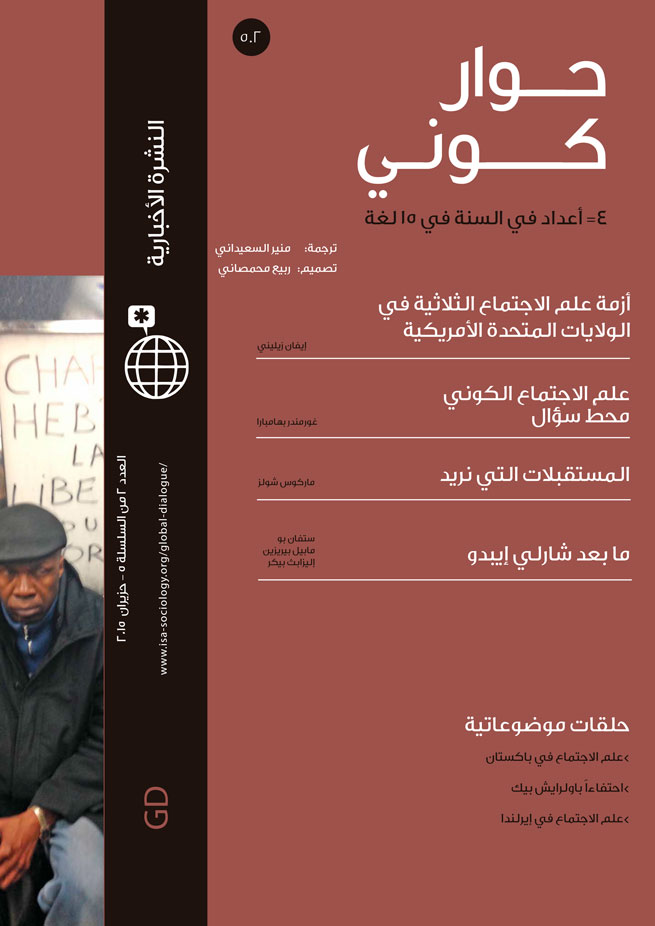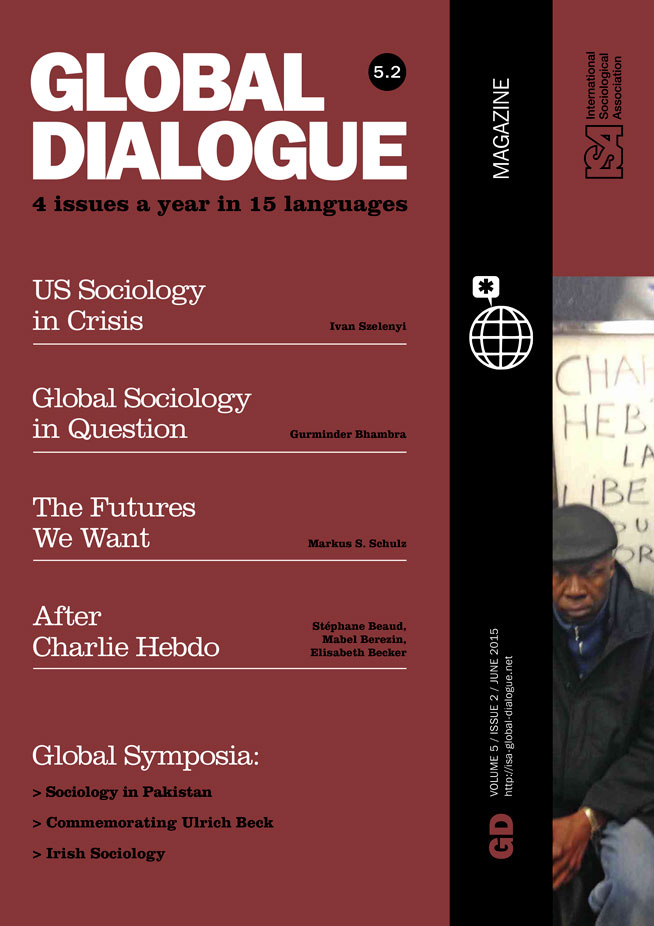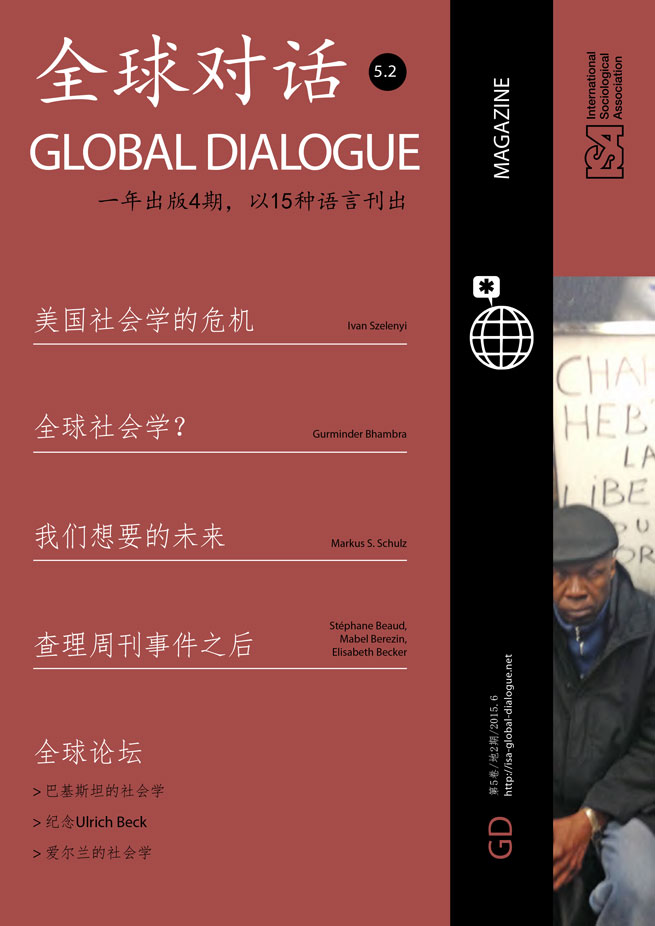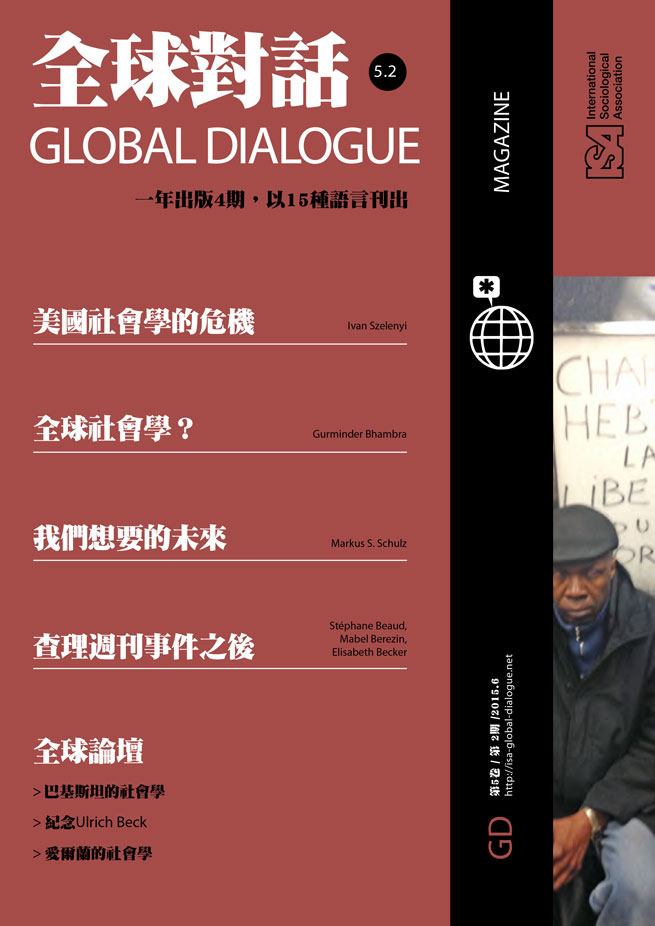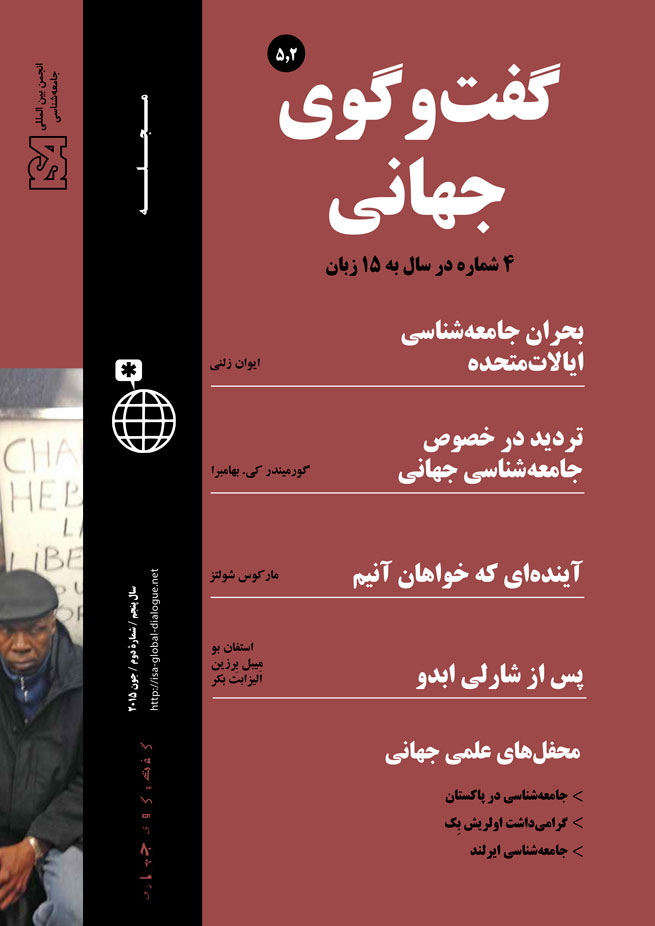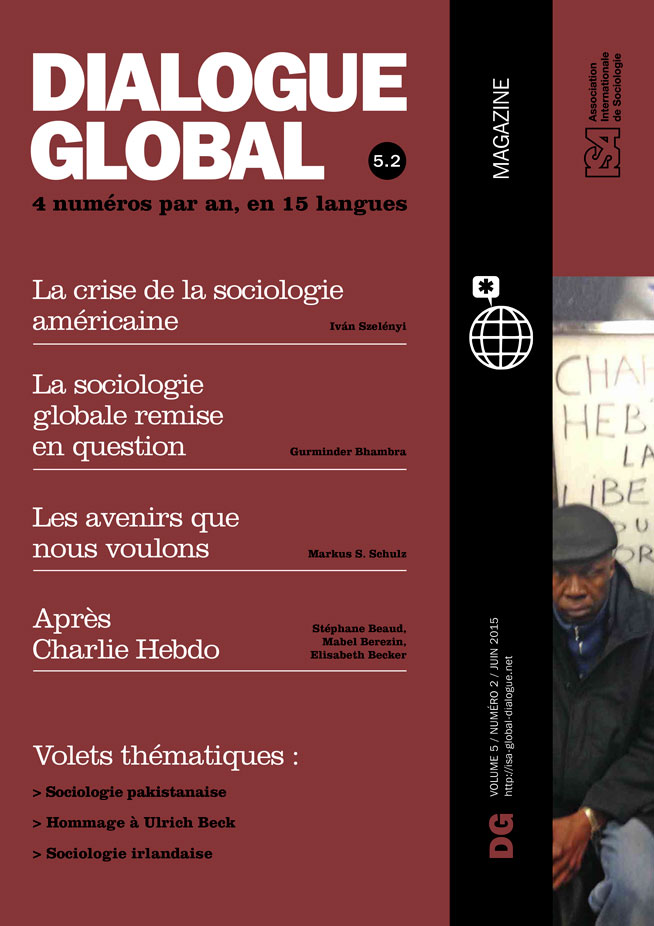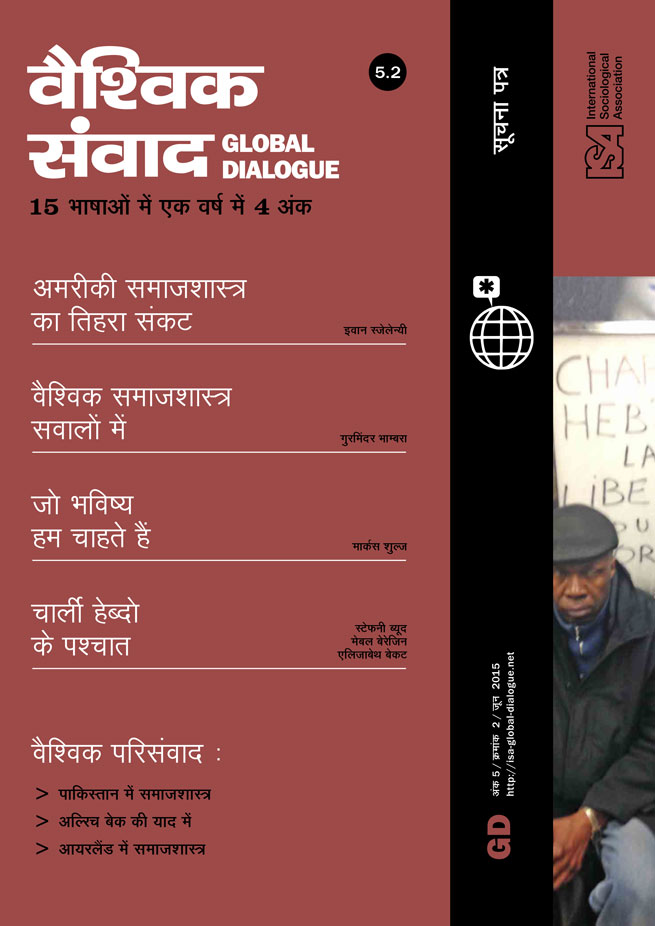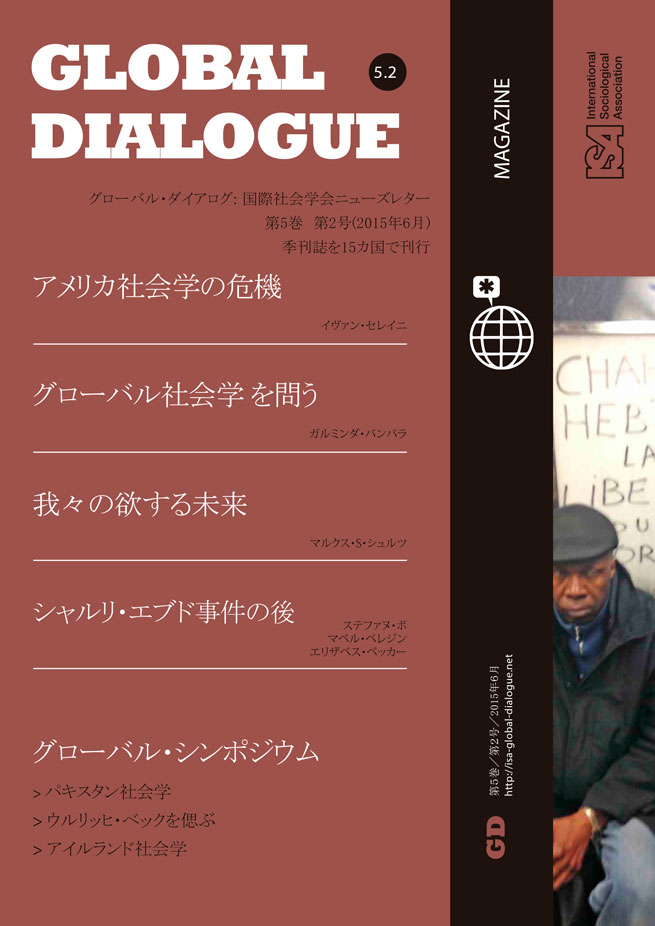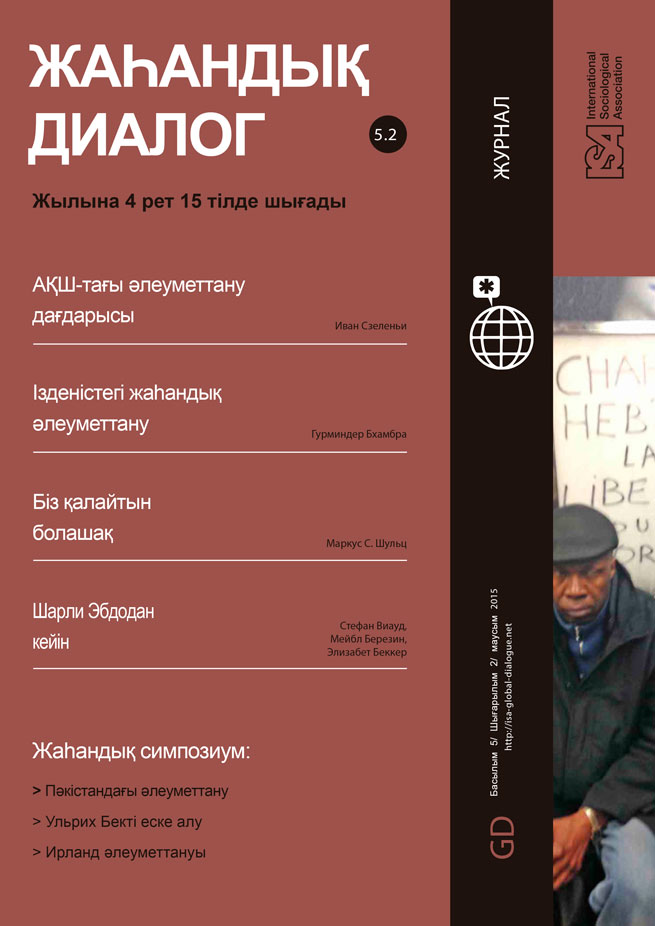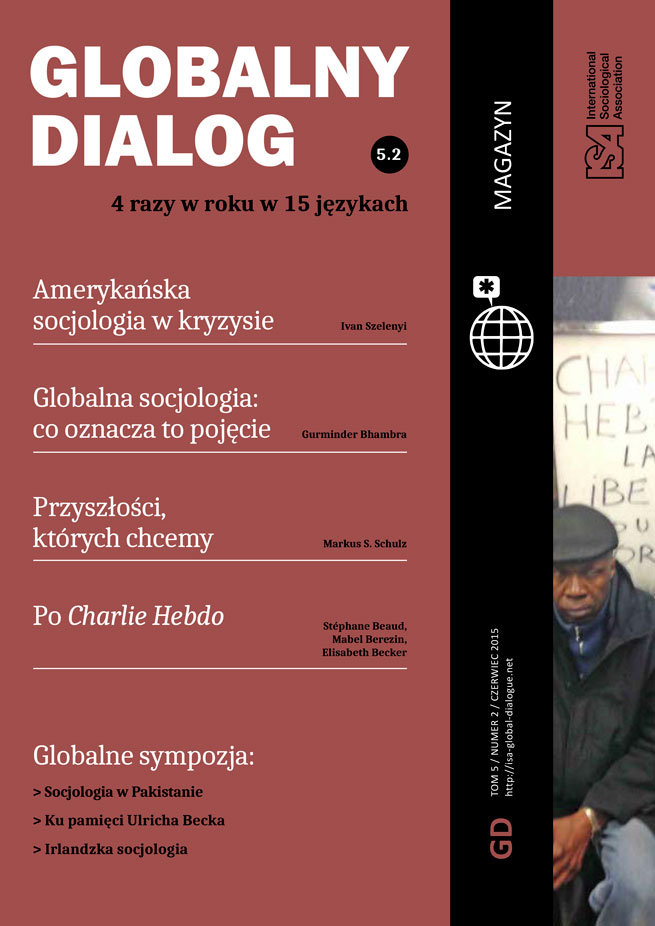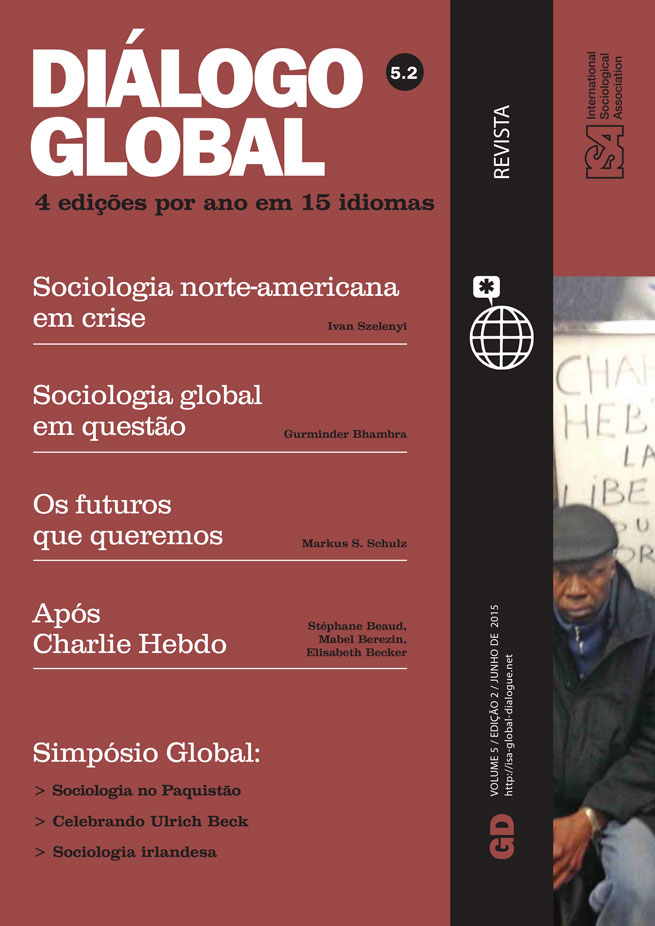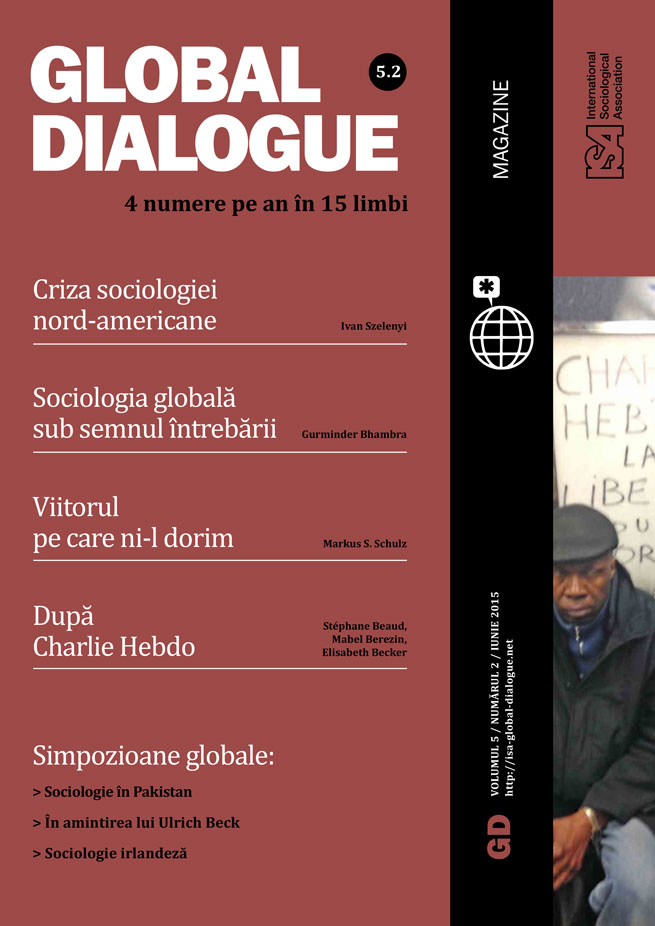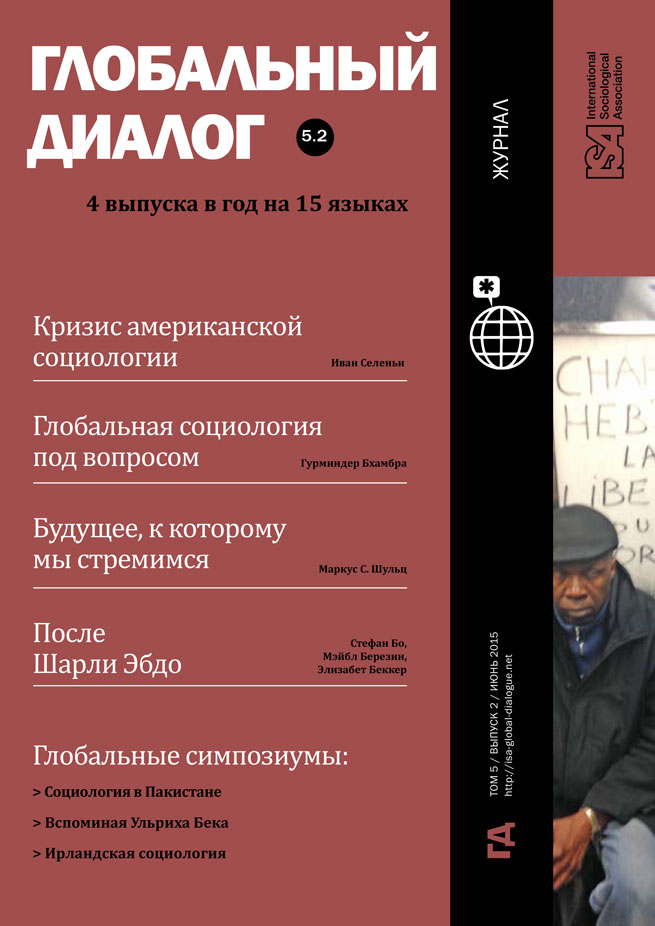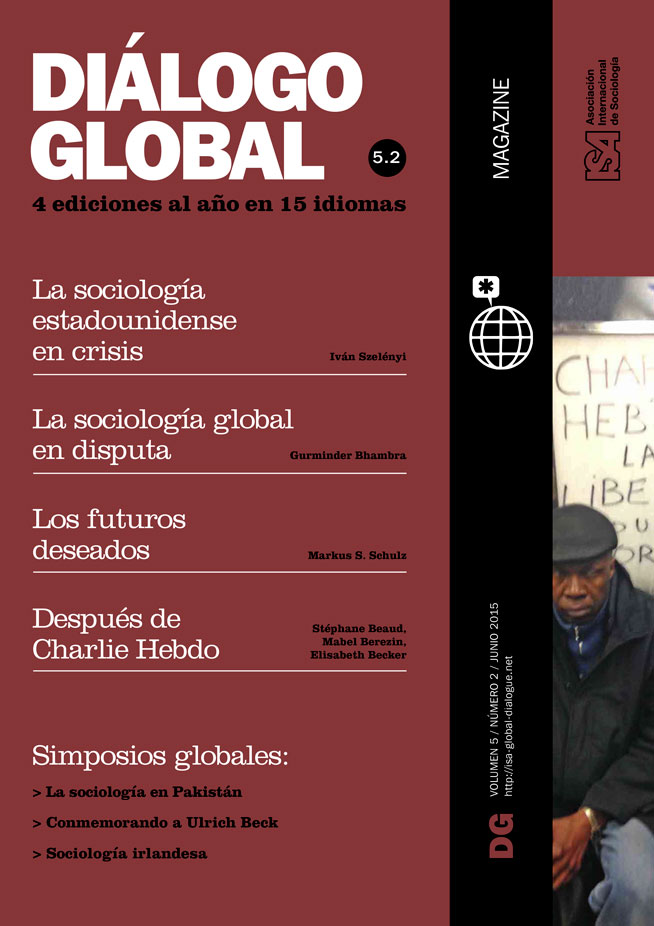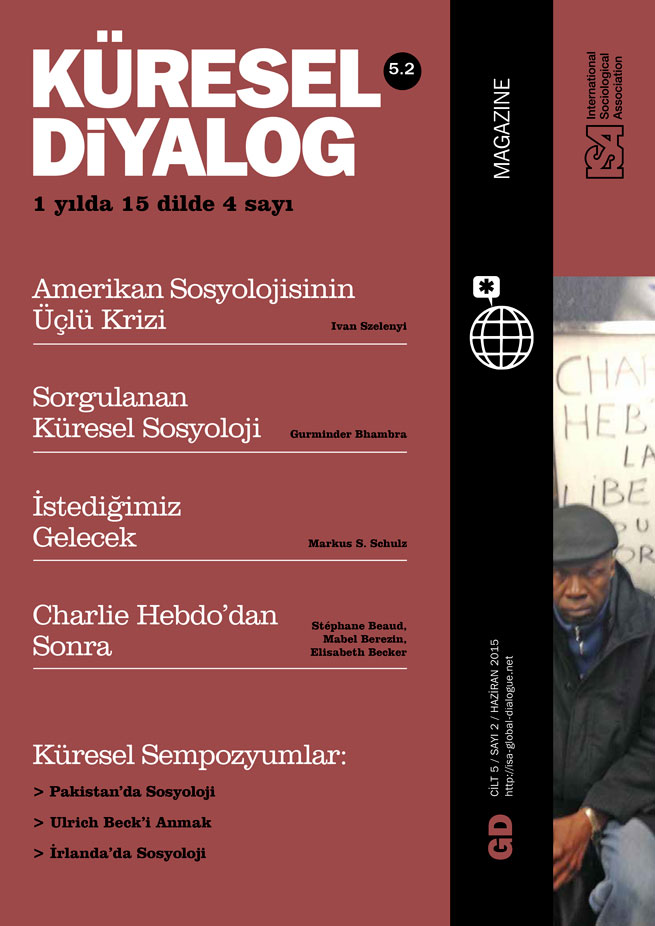Read more about Sociology in Pakistan
Searching for Sociology in Pakistan
by Laila Bushra
April 30, 2015
When I started looking for a job in Pakistan, I knew that opportunities for sociologists were few and far between. Like many other parts of the world, a historical, state-led emphasis on science and engineering has placed social sciences and humanities in relatively peripheral positions in most of the country’s universities. Even where sociology departments do exist, institutional constraints often restrict the space available. In the public sector, for example, government interference in curriculum design and academic freedom combine with professional rivalries borne of competition for secure (and often politically partisan) government jobs to produce an environment that is not particularly conducive to effective teaching or research. In the private sector, universities have largely sought to exploit the demand for degrees in economics, business, and information technology, all associated with greater financial returns for graduates. In both the public and private sectors research is virtually non-existent, with little incentive to engage in it, and even less institutional support.
In this context, I applied for a position at the Lahore University of Management Sciences (LUMS), a private sector institution considered one of Pakistan’s top universities, and one of the few places in the country with an evident commitment to supporting the social sciences and humanities. When I applied to LUMS, its School of Social Sciences and Humanities was undergoing a period of restructuring: whereas previously the university offered an undergraduate degree in social science, within which students took a range of courses from different disciplines, it now sought to provide more specialized, discipline-specific degrees. As such, even though I had applied for a position as a sociologist, I was asked to join the newly-formed department of political science.
Given my background in political and historical sociology, and my interest in questions concerning the state, class, and democratization in South Asia, the prospect of working in a political science department was not something I considered problematic. Political science had both the space and the demand for additional faculty; after economics and finance, political science is the most popular program at LUMS, with almost 150 fresh undergraduates enrolling every year – a sharp contrast with the joint anthropology and sociology program, which usually attracts ten to twenty new majors each year. While this can be explained by the widespread (if not necessarily accurate) belief that political science is more marketable than other social science degrees, the effect on faculty recruitment is clear. Barring increased student demand, less popular disciplines like sociology are likely to remain marginal, understaffed and underfunded.
Working in Pakistan comes with its own constraints. Even at a relatively privileged place like LUMS – which has done an admirable job defending free expression and debate – it is often necessary to contend with shortages of academic and scholarly resources, inadequate material and institutional support for research, and the absence of graduate students and programs. These difficulties are compounded by the absence of a broader community of peers and colleagues working within a similar disciplinary framework.
Pakistan is a multi-ethnic, multi-religious country with almost 200 million people, saddled with a legacy of colonial rule, experiencing rapid urbanization and economic change, transitioning to democracy with a culture of rambunctious, contentious politics, and witnessing the emergence of new (and sometimes old) forms of social and political mobilization. However, especially in the aftermath of 9-11, research on and in Pakistan has revolved around Islam and militancy. As more and more funding has been funneled towards these areas of inquiry (particularly from the West), and as greater numbers of researchers have devoted time and energy to these questions, there has been a corresponding decline in other areas of research and scholarship. Within political science, this has meant most departments are increasingly oriented towards International Relations and Security Studies. At the same time, an emphasis on quantitative methods and research has dovetailed neatly with the interests of foreign donor organizations and government planning bodies; much social research in Pakistan revolves around narrow, “policy-relevant” questions that can only apparently be addressed by economists using econometric modelling. For all its complexity and diversity, Pakistan is often viewed as little more than a hub of violent religious extremism, whose governance problems can be resolved through equations demonstrating the efficacy of specific policy proposals. This bias is reflected in much recently-published work on Pakistan; even books on leftist politics and agrarian political economy clearly shoehorn Islam into their titles and narratives.
As a sociologist in Pakistan working in a political science department, I increasingly find that the only conversations about research, society, and theory, take place within these parameters. In my own work, however, I have explored the relationship between the state and South Asia’s entrenched elites, focusing on how colonial-era institutions and interventions, particularly in the agrarian economy, have had enduring impact on the capacity of the property-owning classes to articulate and pursue their interests over time. I remain interested in examining the implications of this pattern for Pakistan’s contemporary democratic politics, and I am also keen to investigate how elite power has been reconfigured and reproduced amidst tremendous economic, political, and social change.
In the absence of a clear link to Islam or policy, however, interest in these questions remains limited. The same can be said for other issues, including ethnicity, gender, and urbanization. Furthermore, sociologists remain conspicuous in their absence. In searching for collaborators and colleagues interested in questions similar to my own, I have found myself working with economists and political scientists who, while very good at what they do, are nonetheless blinkered by their own disciplinary perspectives, as well as the wider imperatives of donor-driven research and related constraints on how questions are framed, researched, and answered. Friends in history and anthropology, two other major areas of research and scholarship in Pakistan, report similar problems, but even so, the conceptual and methodological gap between those disciplines and my own is frustratingly large.
Sociology in Pakistan has struggled to assert itself, ceding space to disciplines like economics and political science with stronger institutional links to donors and the government. This is unlikely to change in the near future: the same market forces and vagaries of global politics that have undermined sociology in Pakistan have also led many promising graduate students, at home and abroad, to pursue careers in alternative disciplines. Nonetheless, Pakistan remains fertile ground for sociologists looking to pursue interesting and challenging questions.
Hassan Javid, Lahore University of Management Sciences, Pakistan <hassan.javid@lums.edu.pk>
This issue is not available yet in this language.
Request to be notified when the issue is available in your language.
If you prefer, you can access previous issues available in your language:
